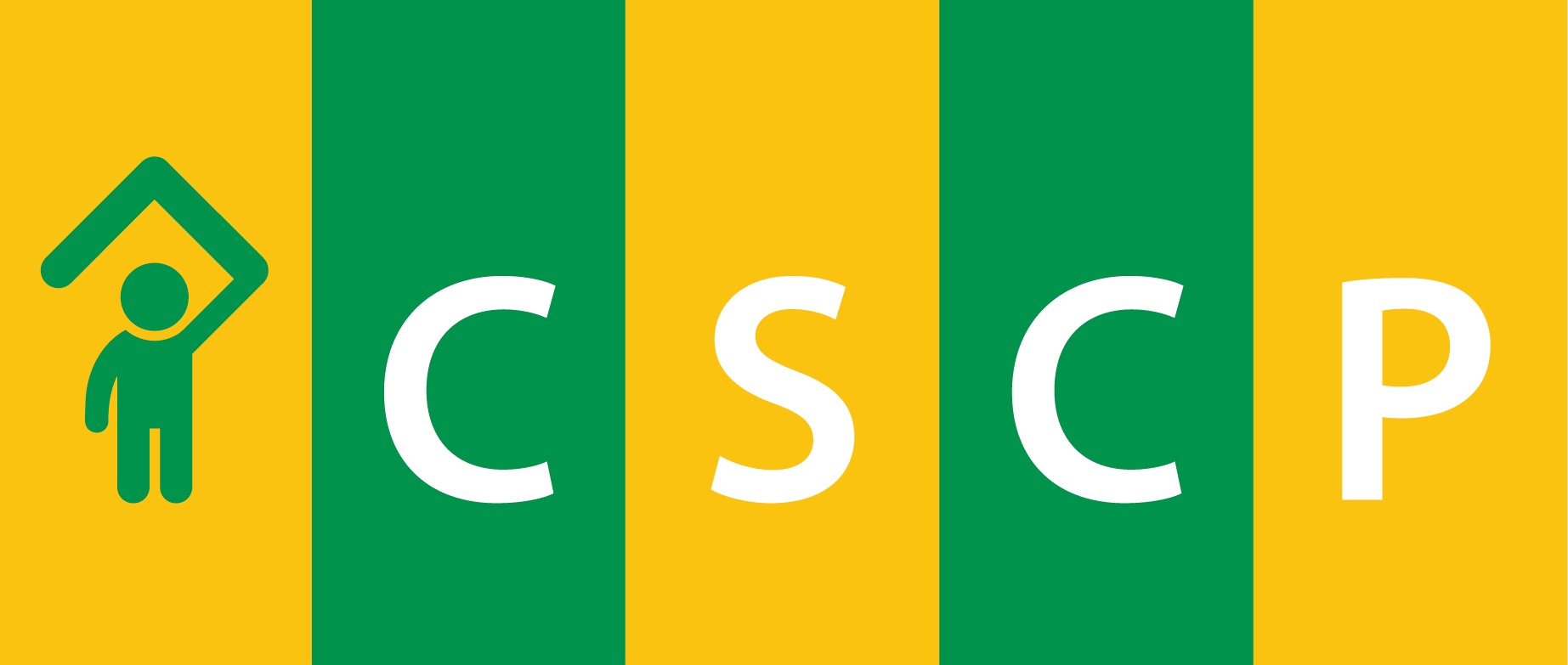MindEd: An online learning platform offering training and resources on mental health to help support children and young people. MindEd is multi-professional, and can be used by teachers, health and mental health professionals, police and judiciary staff, social workers, youth service volunteers, school counsellors among others to support their professional development. All registered learners can access a learning path tailored to their needs.
MindEd is a comprehensive, FREE e-learning resource, supported by Health Education England, the Department of Health and Social Care, and the Department for Education. It is designed to provide professionals and the public with trusted, evidence-based information on mental health across all age groups—children, young people, adults, and older adults. The training is highly adaptable, making it relevant across sectors such as healthcare, social care, education, criminal justice, and community services. From beginner to specialist, MindEd offers tailored learning opportunities to suit all needs.
MindEd can be personalised by creating a custom learning path. This allows you to select a 'starter pack' of sessions most relevant to your specific audience, ensuring quick and easy access to the content that matters most. You can even enhance the experience by adding introductory text, images, and links to your own website.
Explore a range of specialised e-learning sessions, including:
- Adverse Childhood Experiences (ACEs) Programme
- Blue Light Services
- Combining Therapies
- Core Mental Health Content
- Counselling
- MindEd for Families
- Healthy Child Mental Health Framework
- Improving Workforce Wellbeing, Resilience, and Population Mental Health
- Learning Disabilities and Mental Health
- Suicide and Self-Harm Prevention (SSHP)
- Targeted and Specialist CAMHS
- Wellbeing for Education Return
- MindEd Top Tips Hub
MindEd Hub
